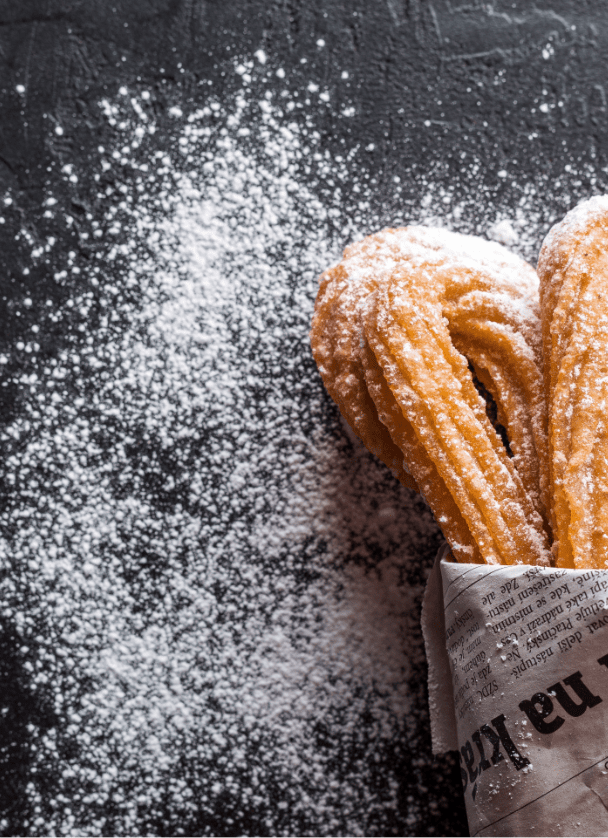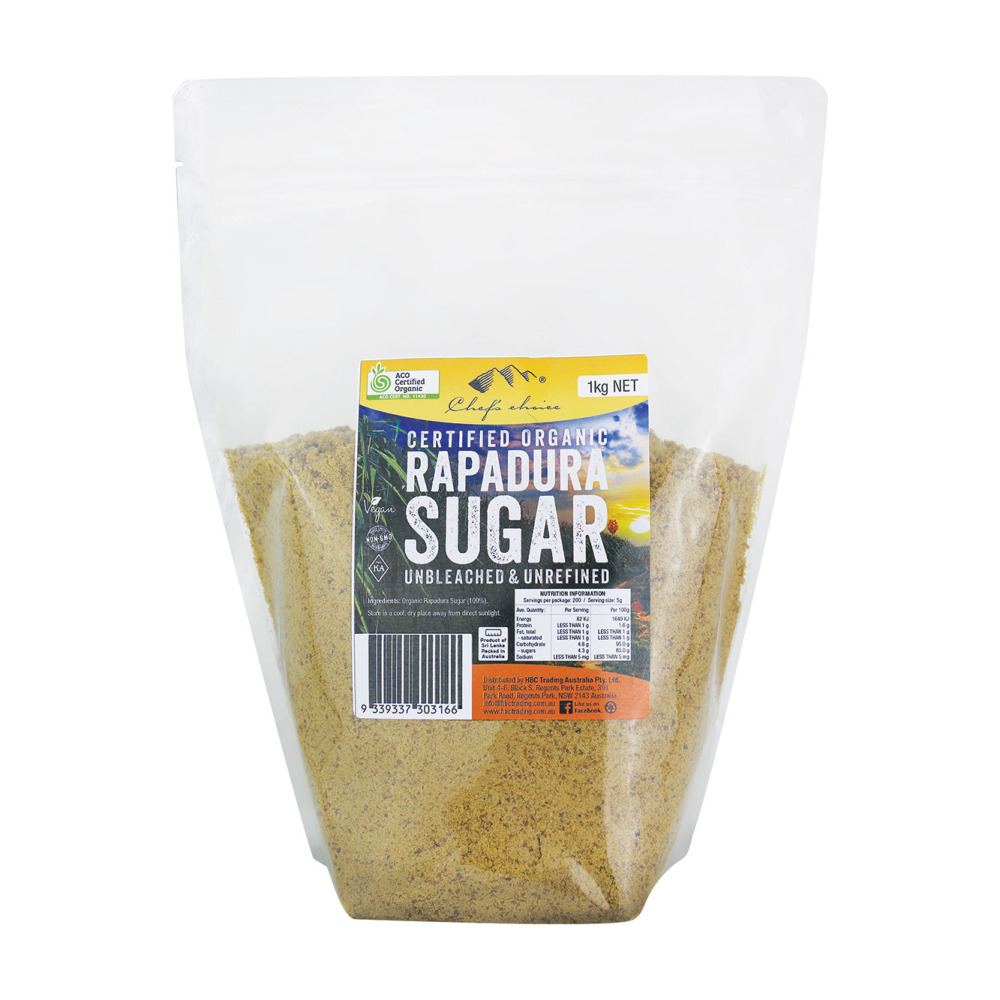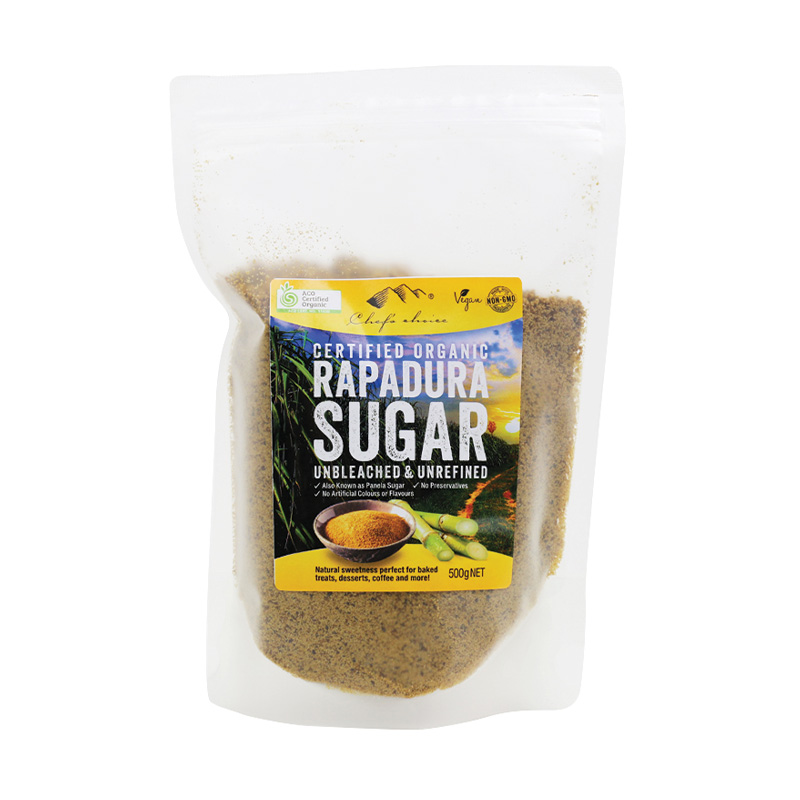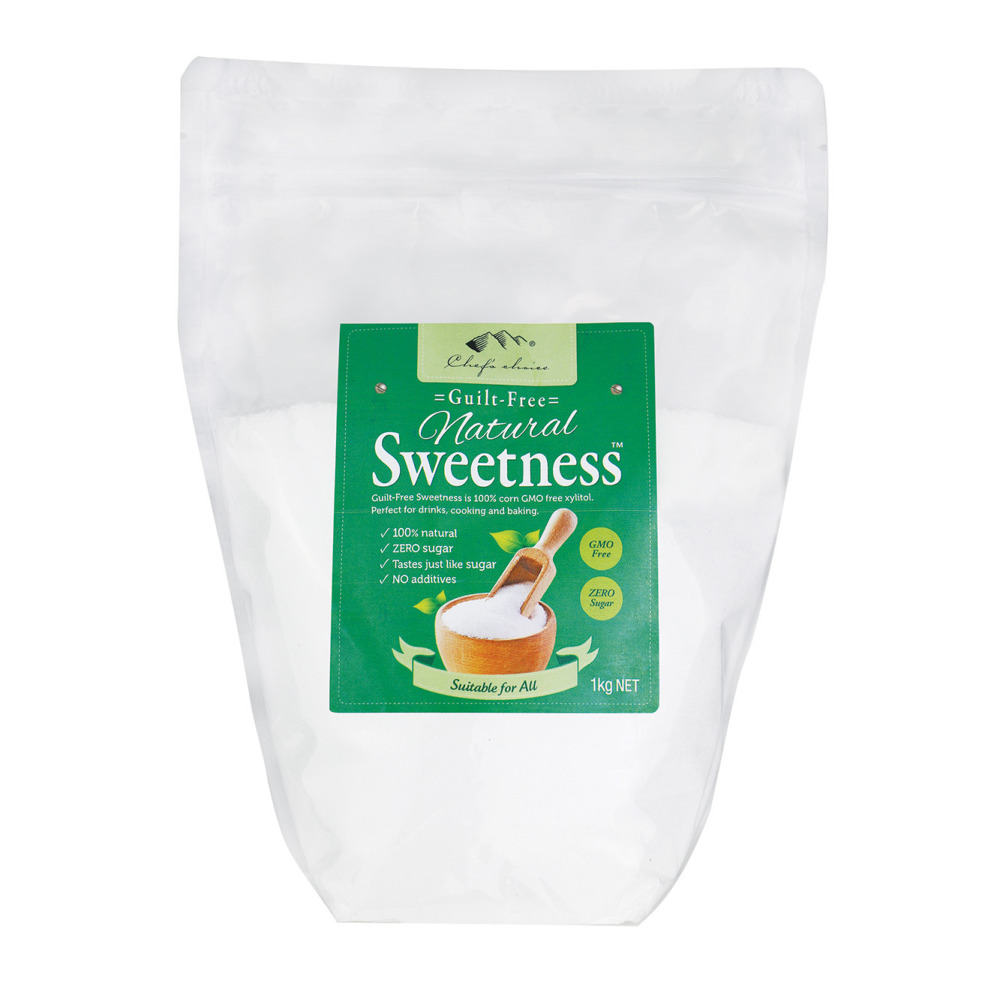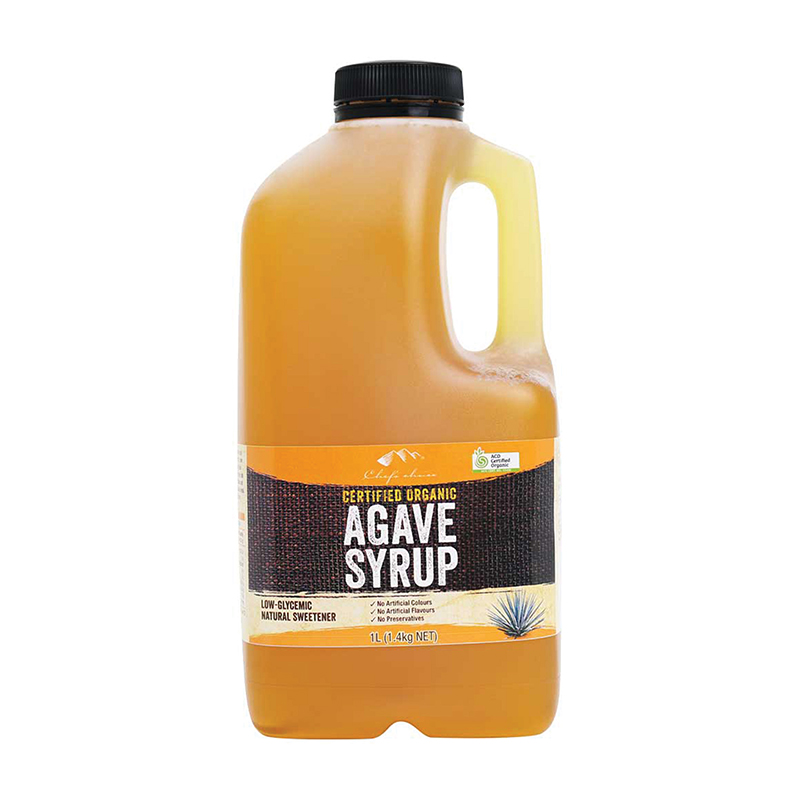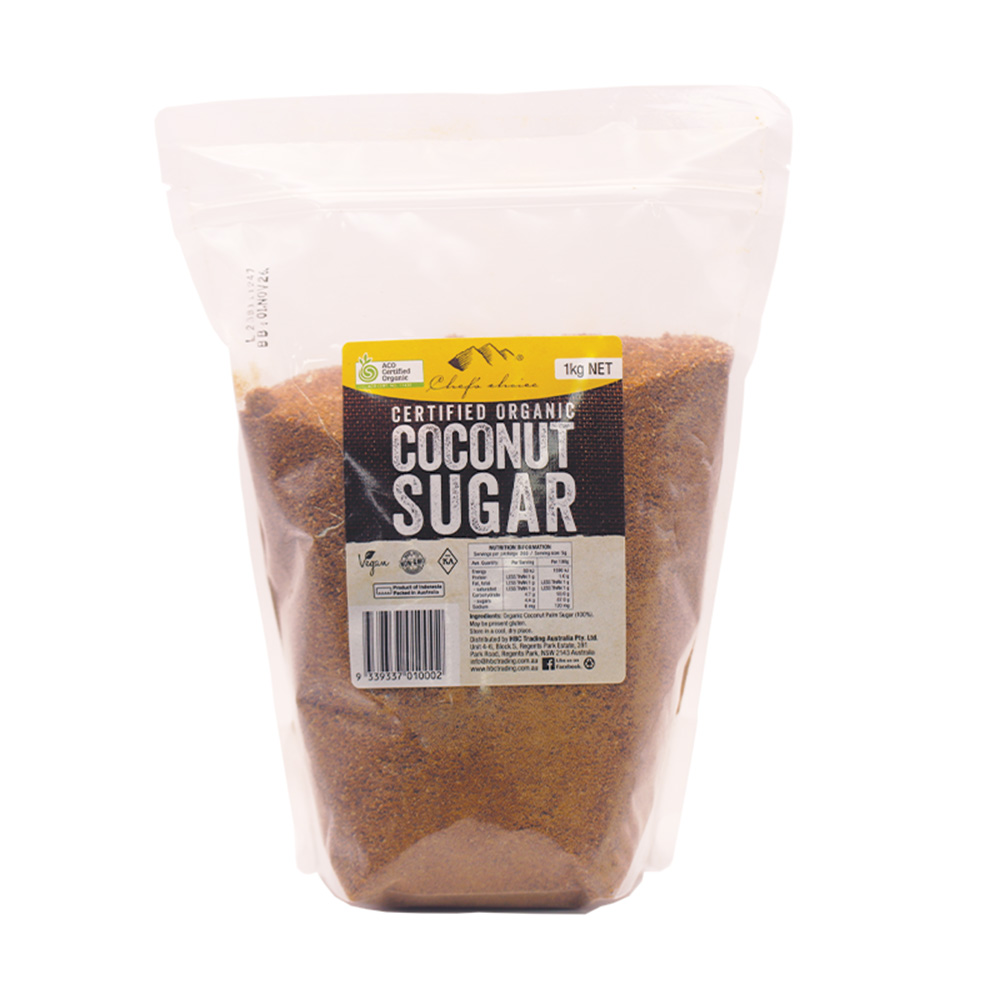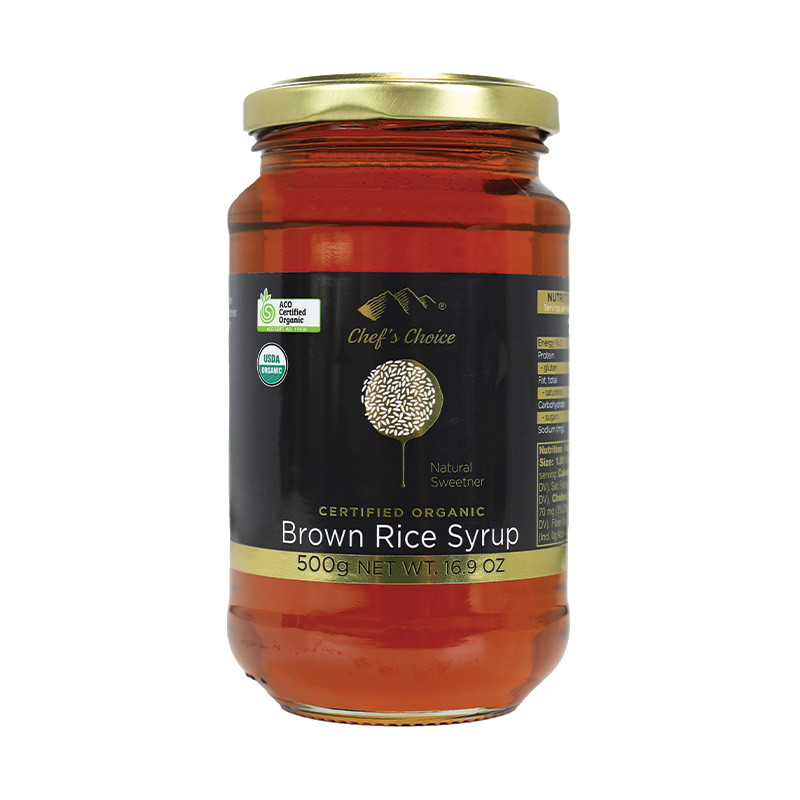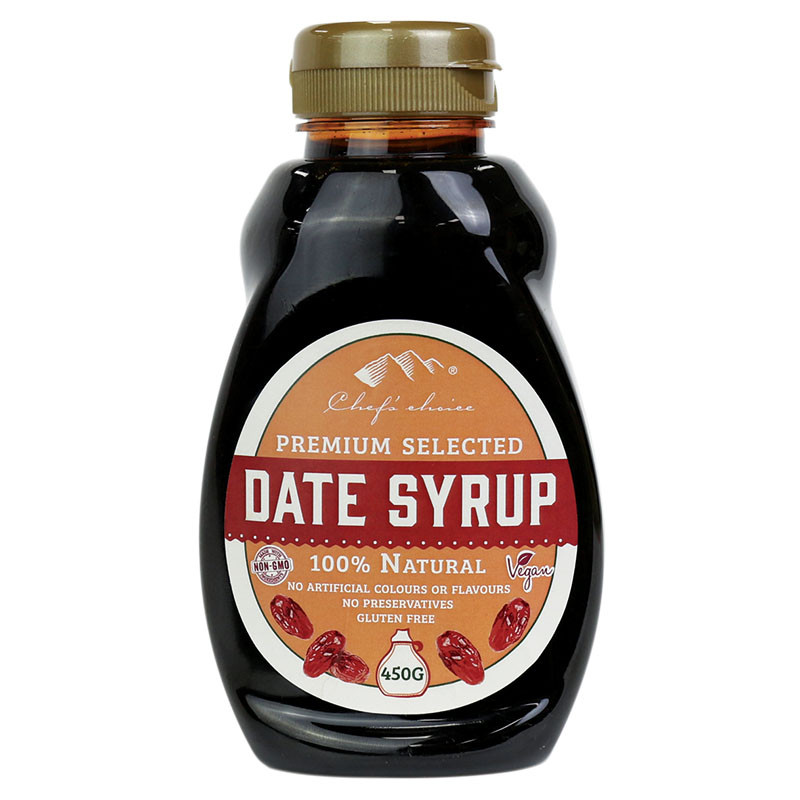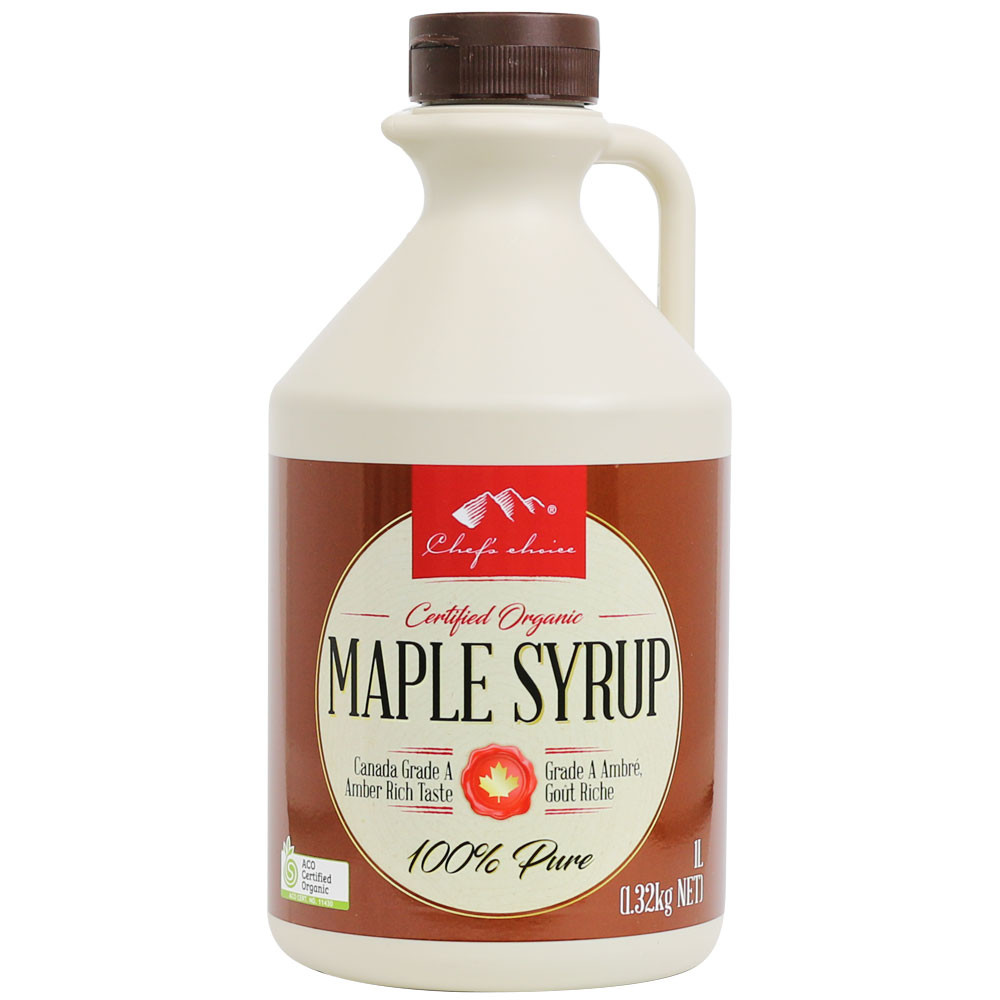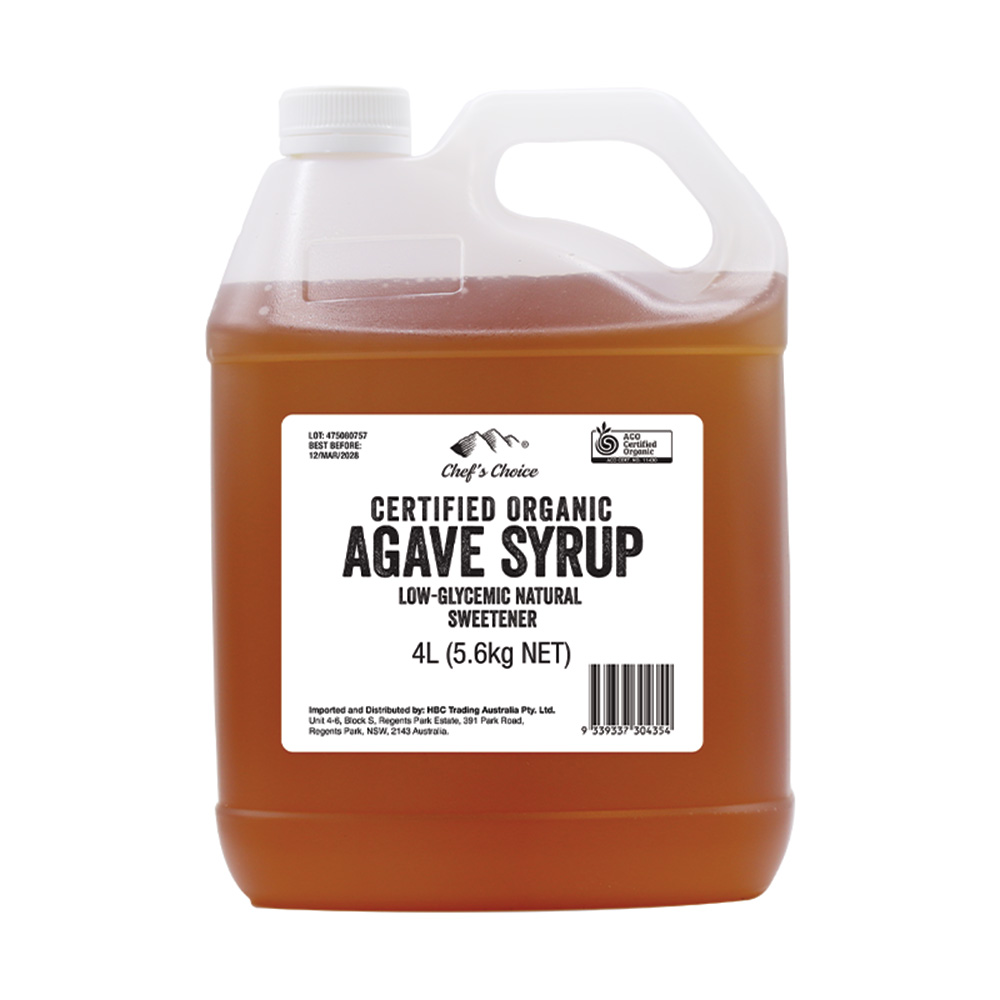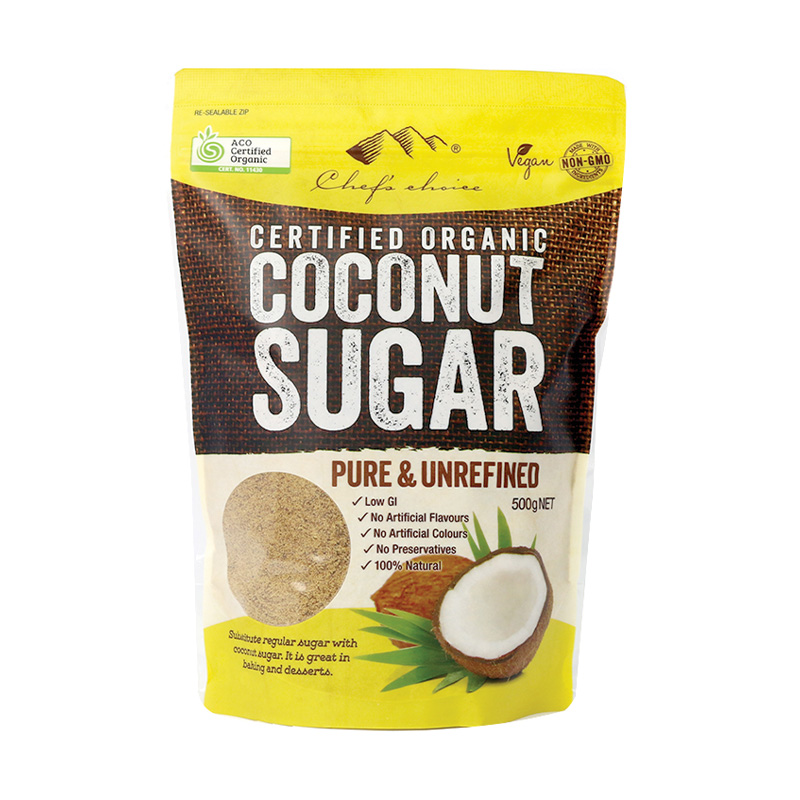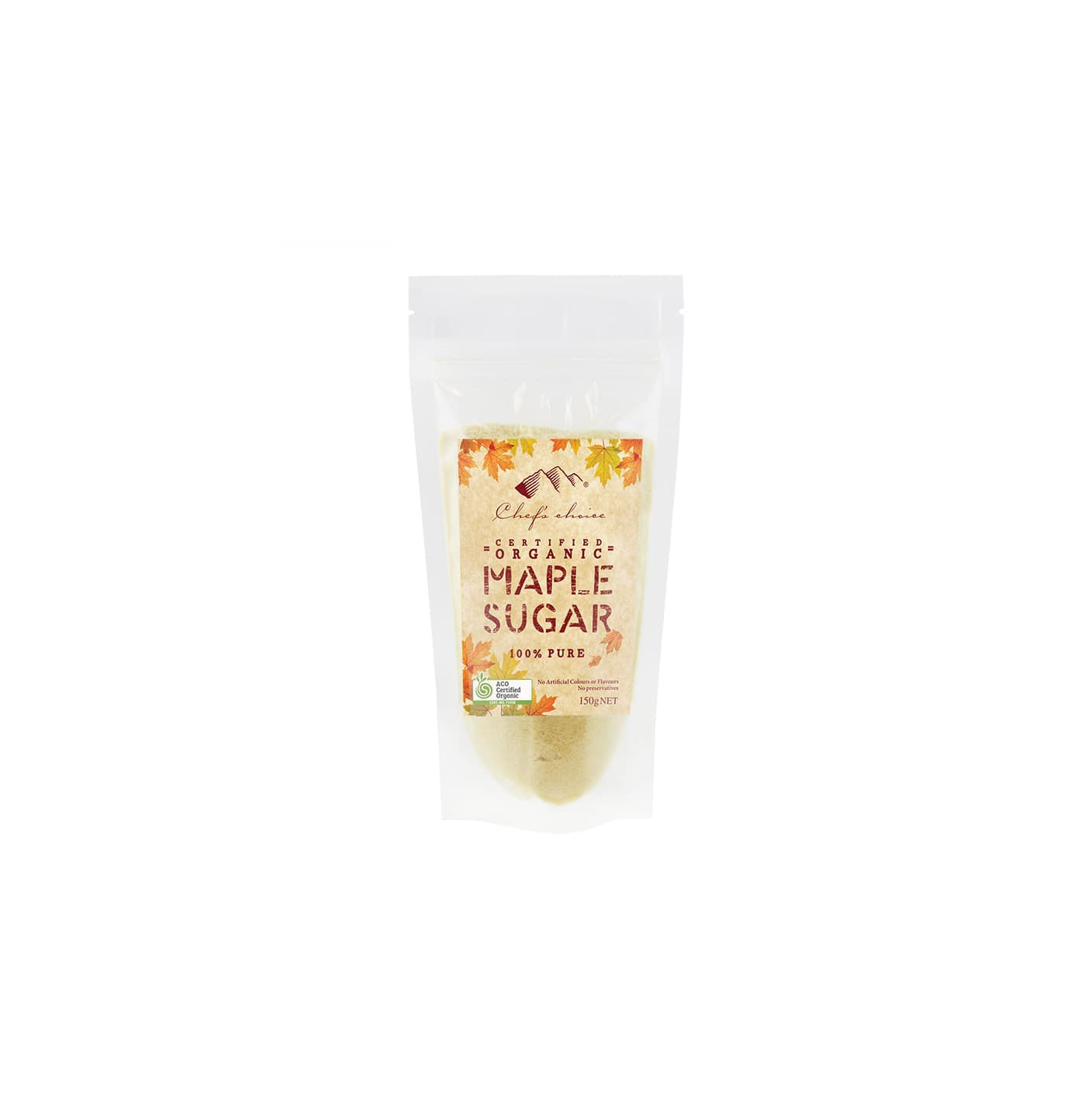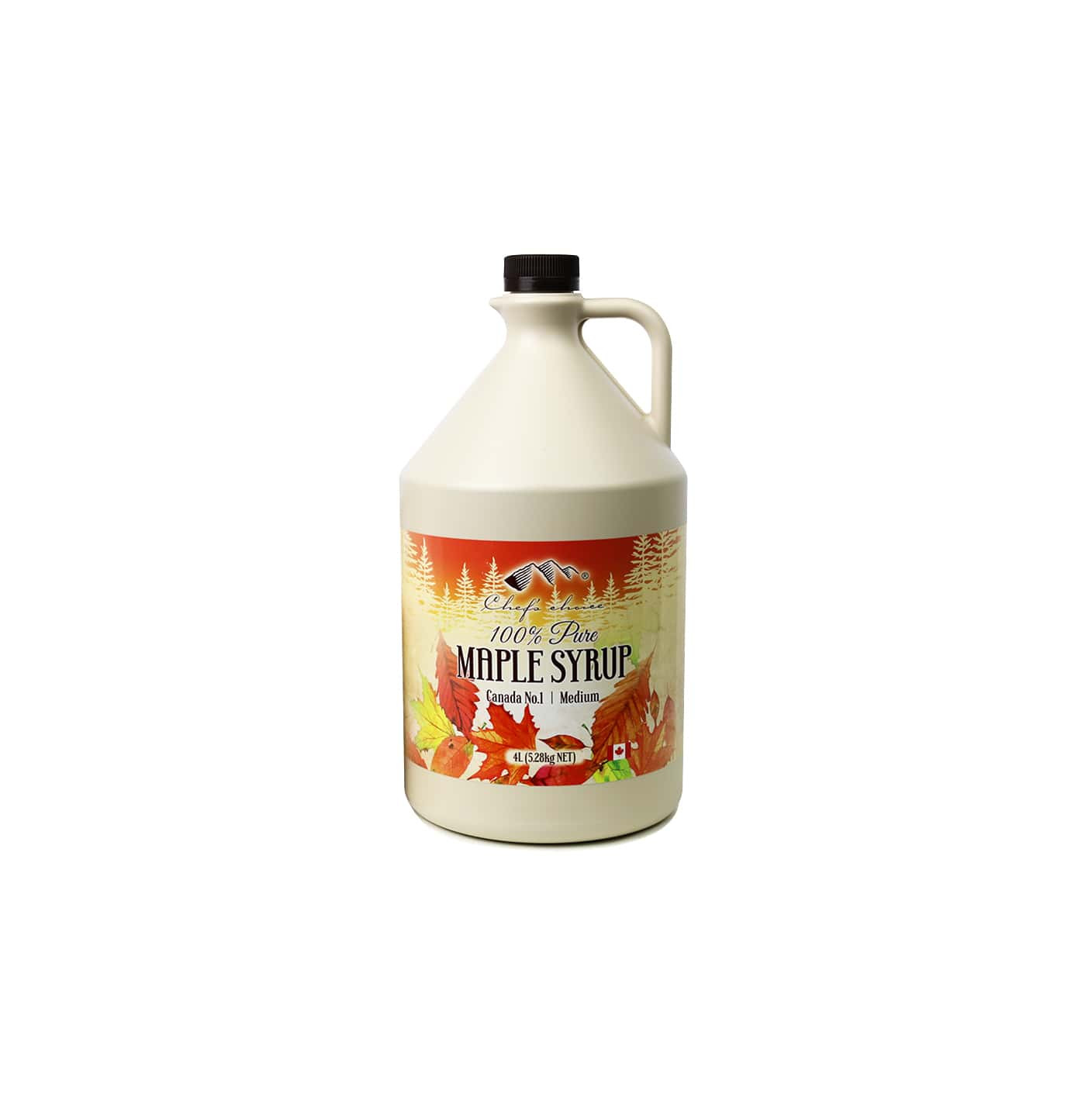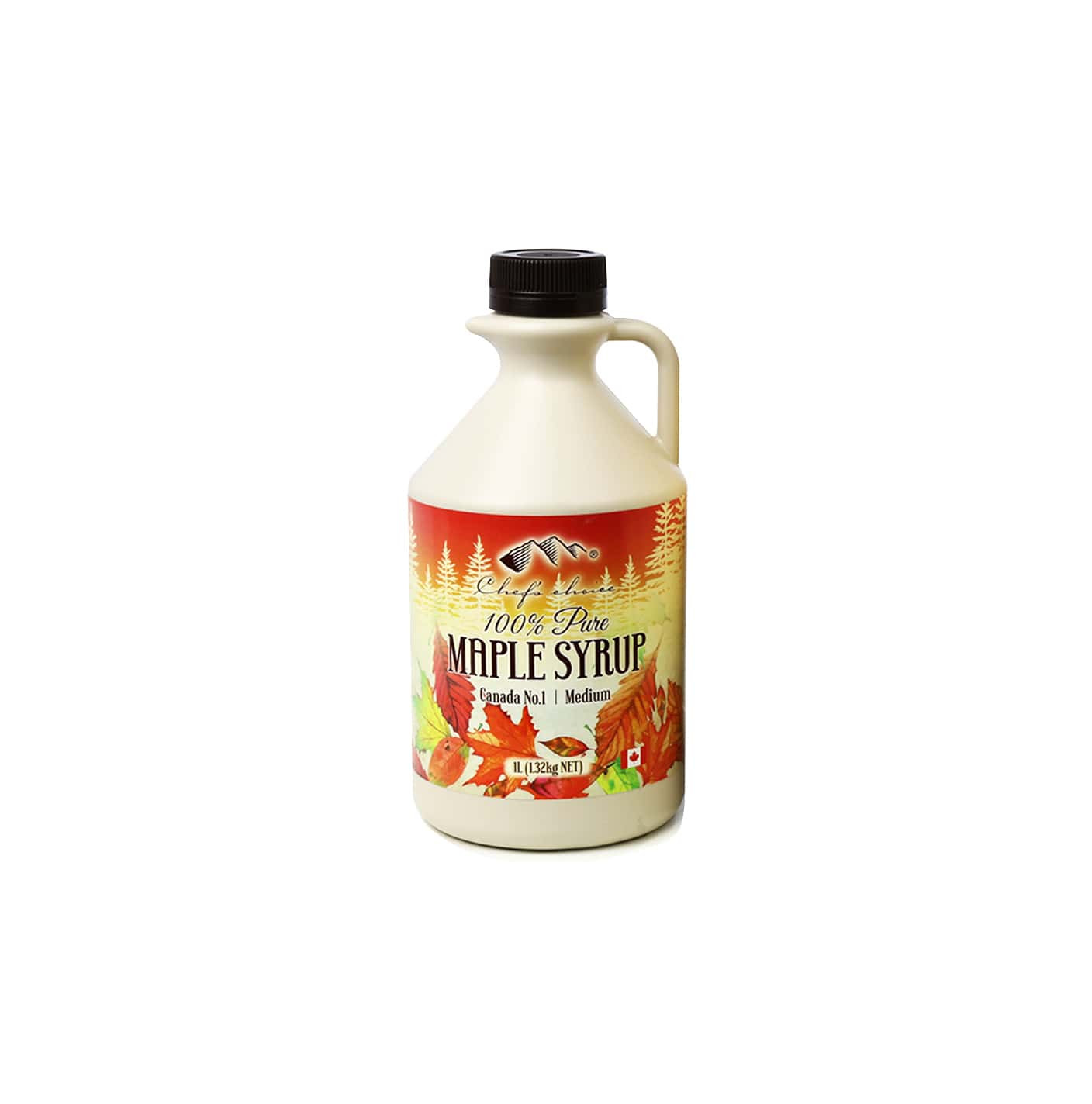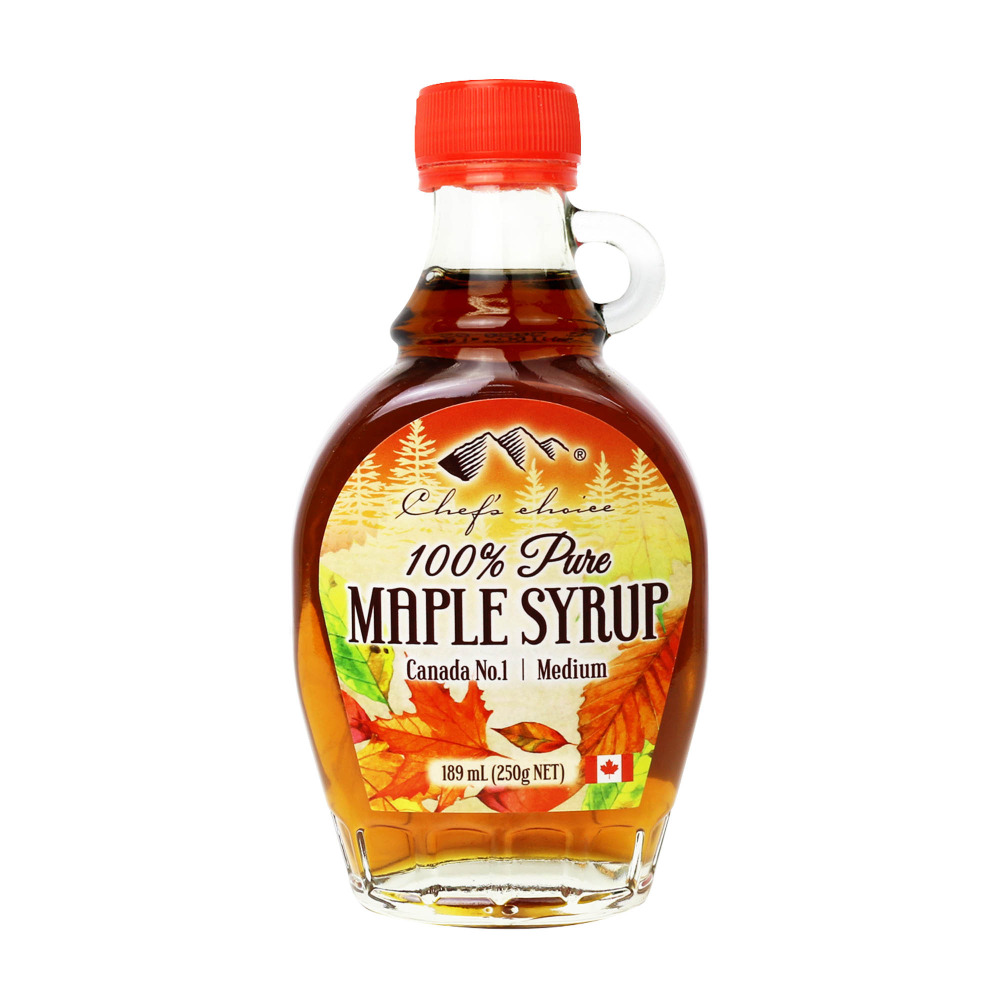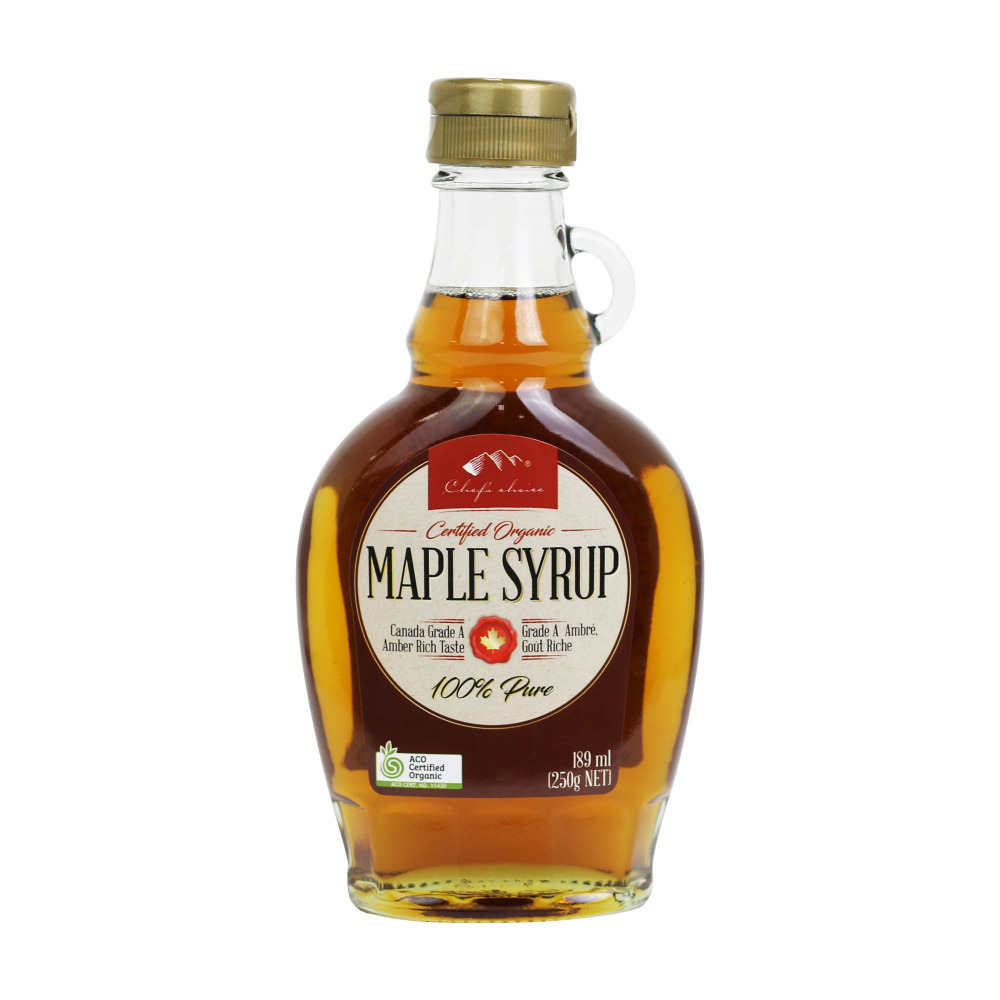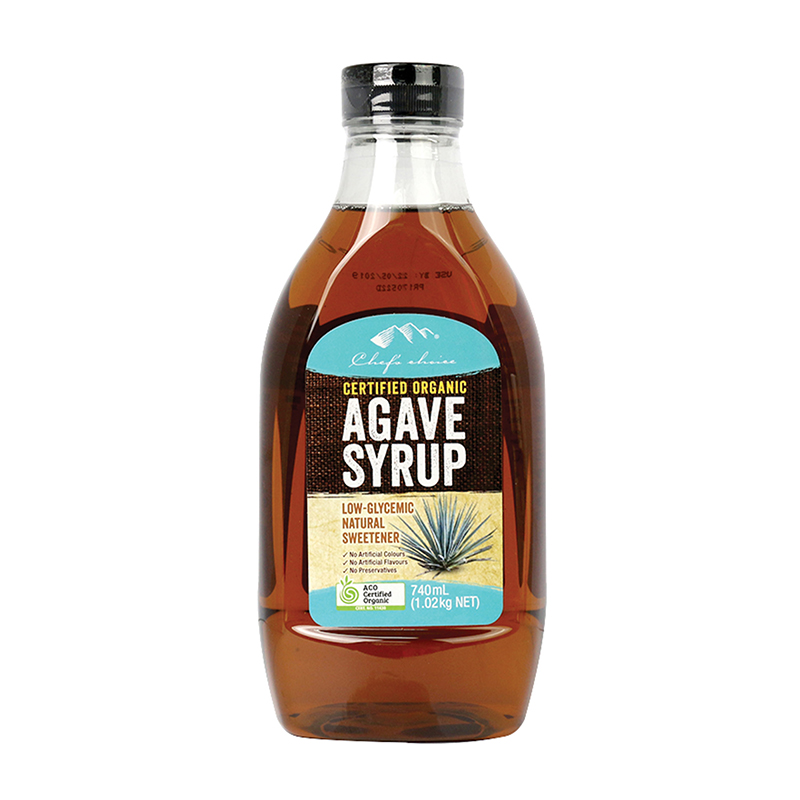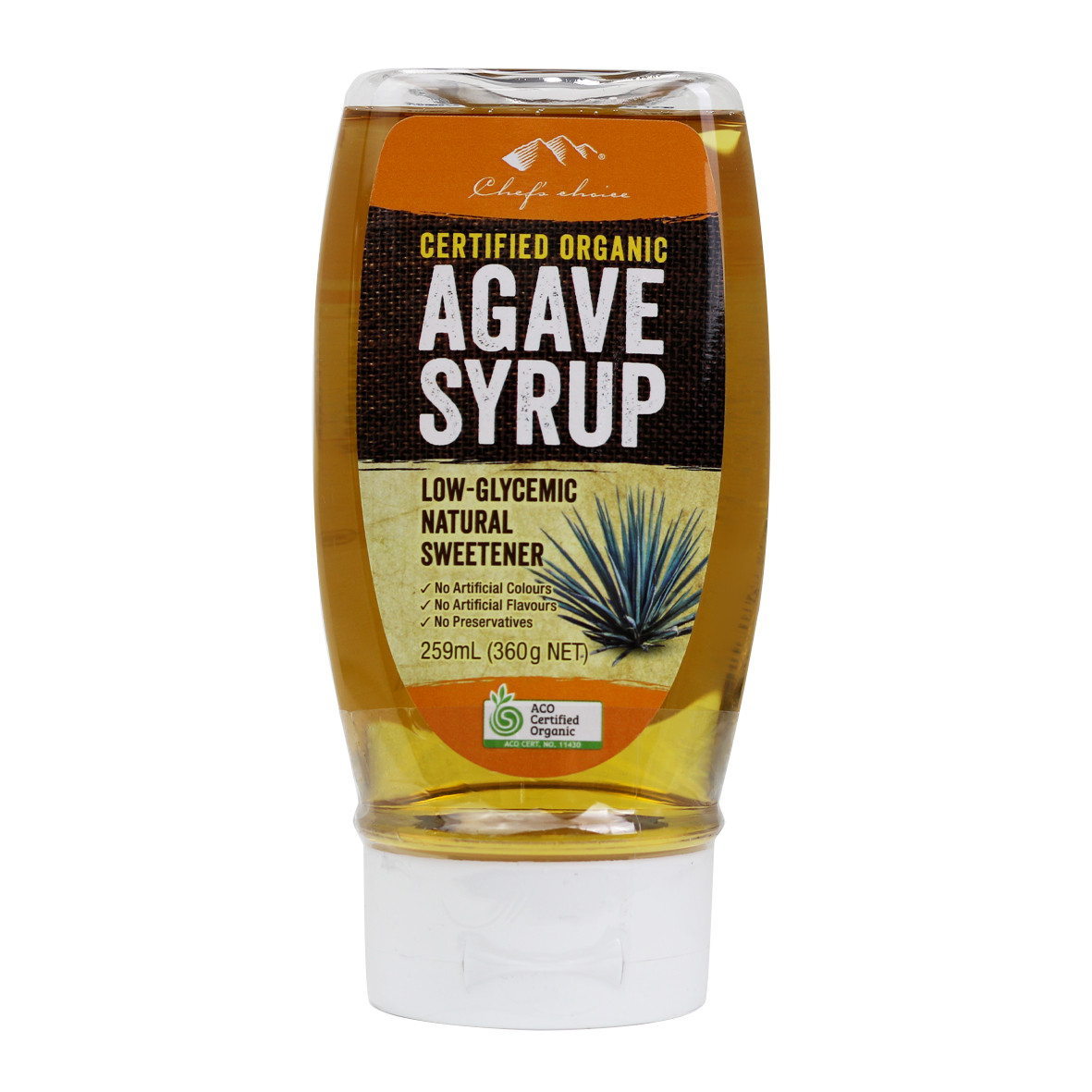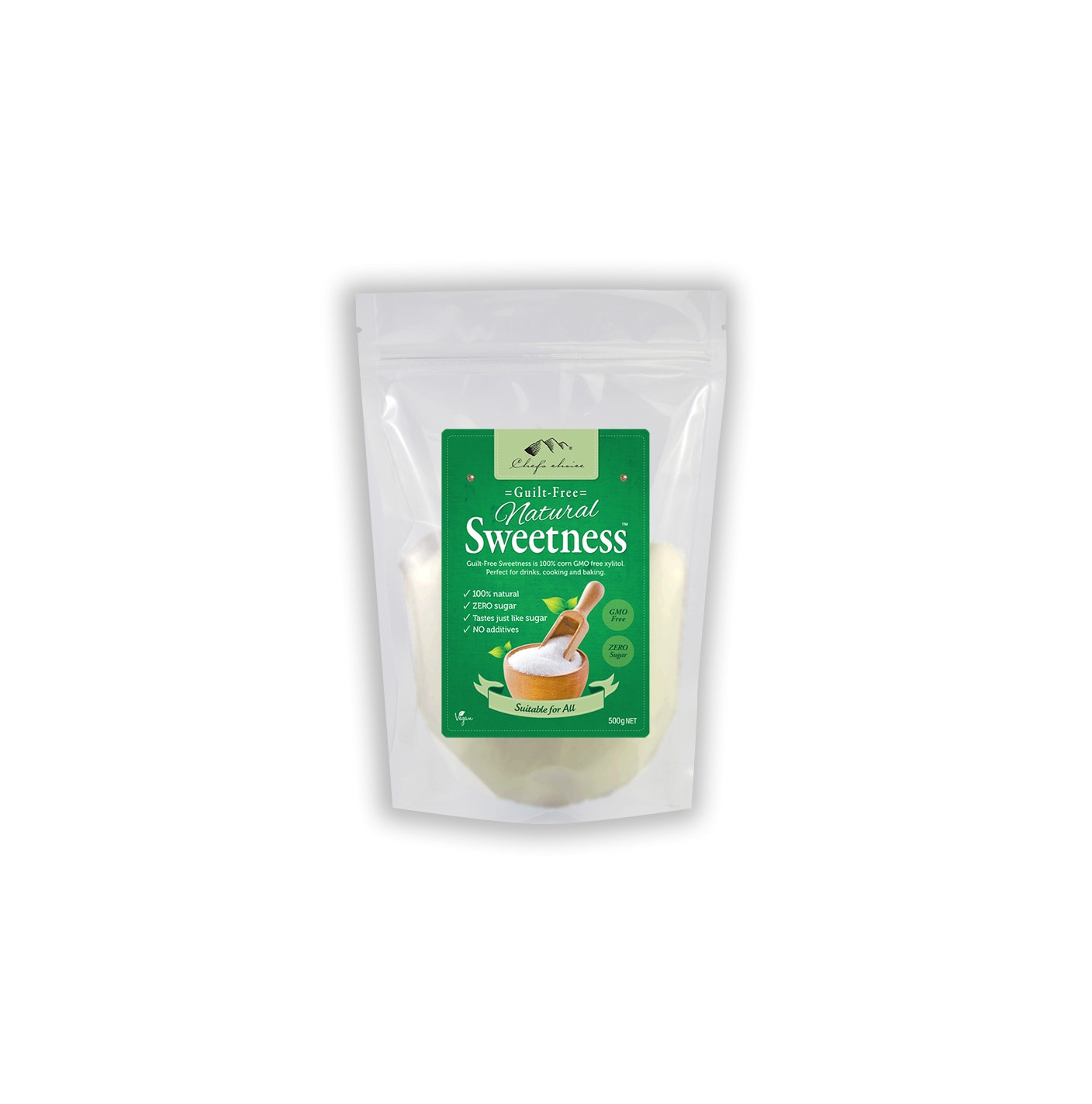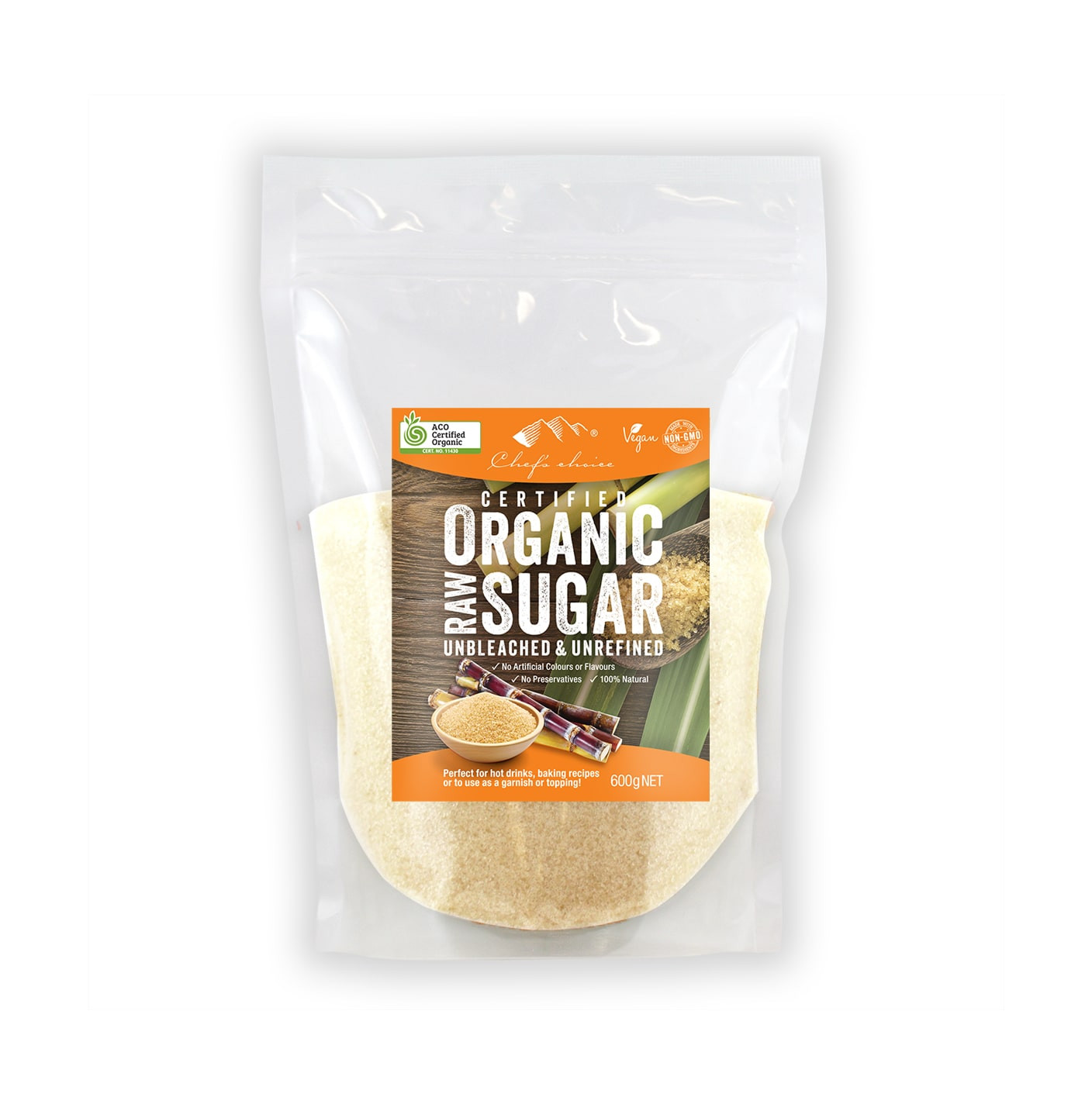Sugars, Sweetners & Syrups
What are the Main Resources of Organic Sugars?
Organic sugars might be from sugar beet and sugar cane plants. It has been grown according to the National Organic Program (NOP) standards. Farmers must use practices that maintain or enhance the soil and water quality while conserving wetlands, woodlands, and wildlife. No use of chemicals, bone char, or animal by-products to make or decolorize. It doesn't spike blood sugar level and can use it in all recipes.
What is Organic Cane Sugar?
The word organic ensures that the sugar cane was grown and treated without any use of synthetic chemicals, pesticides, or fertilizers. Organic sugar is also prepared differently from conventional sugar. The organically-grown sugar cane is washed, chopped, and crushed to extract the cane juice. This process preserves the sugar cane’s natural trace nutrients (calcium, iron, chromium, magnesium, selenium, potassium, and even some vitamin B6).
Organic Coconut Sugar:
Coconut sugar is a rich, unrefined brown sugar with a deep caramel flavour. It is produced by tapping the sweet nectar from the tropical coconut palm tree flower and drying the nutrient-rich juice in a large open kettle drum. The juice condenses into a delicious, handmade whole brown sugar that adds warm color and a depth of flavour to baking.
Best Organic Coffee Sweetener
We refer to Organic Agave Syrup as the best organic sweetener; we are talking about sucrose. Sucrose is a “natural sweetener,” which may add to its appeal for some. You’ll need a great cup of coffee to put it into.
Organic Maple Syrup
It is commonly used to sweeten Asian dishes, sauces, and beverages. It does not dissolve quickly into dough and butter. So, it is refreshing in cakes, brownies, and cookies. It makes a perfect topping for cereal.
